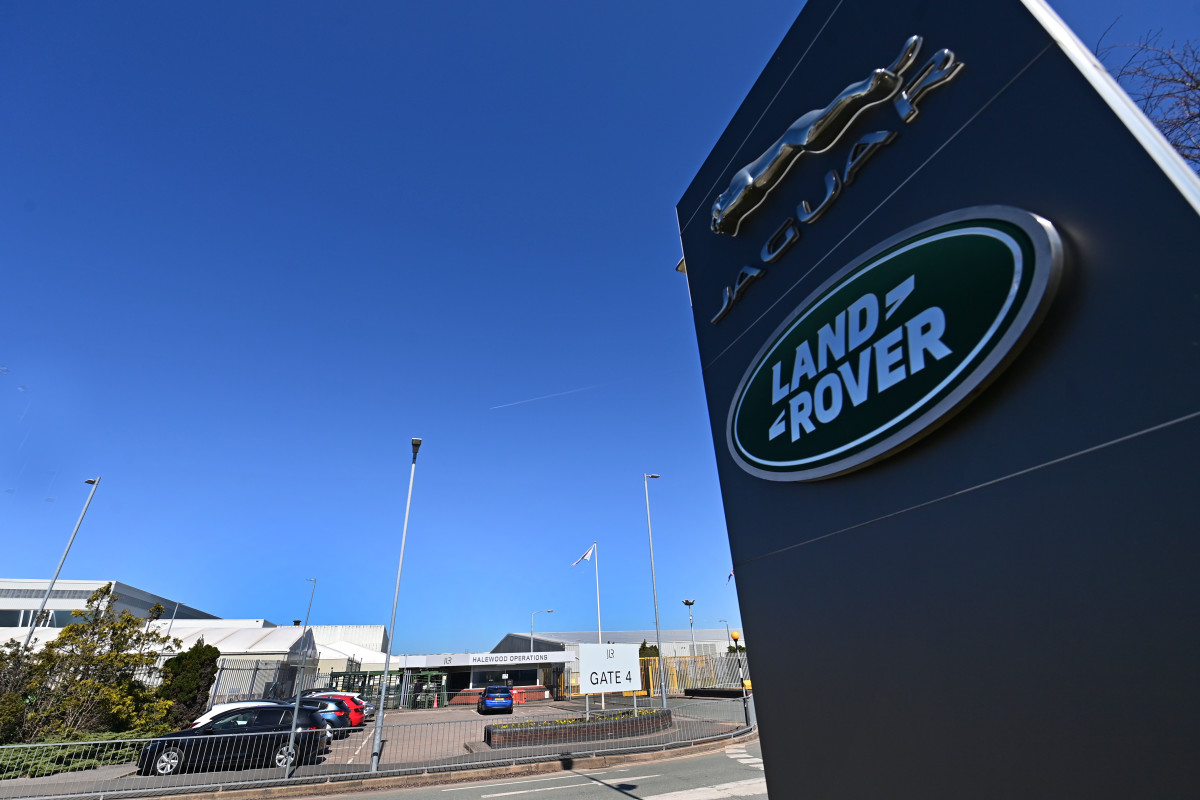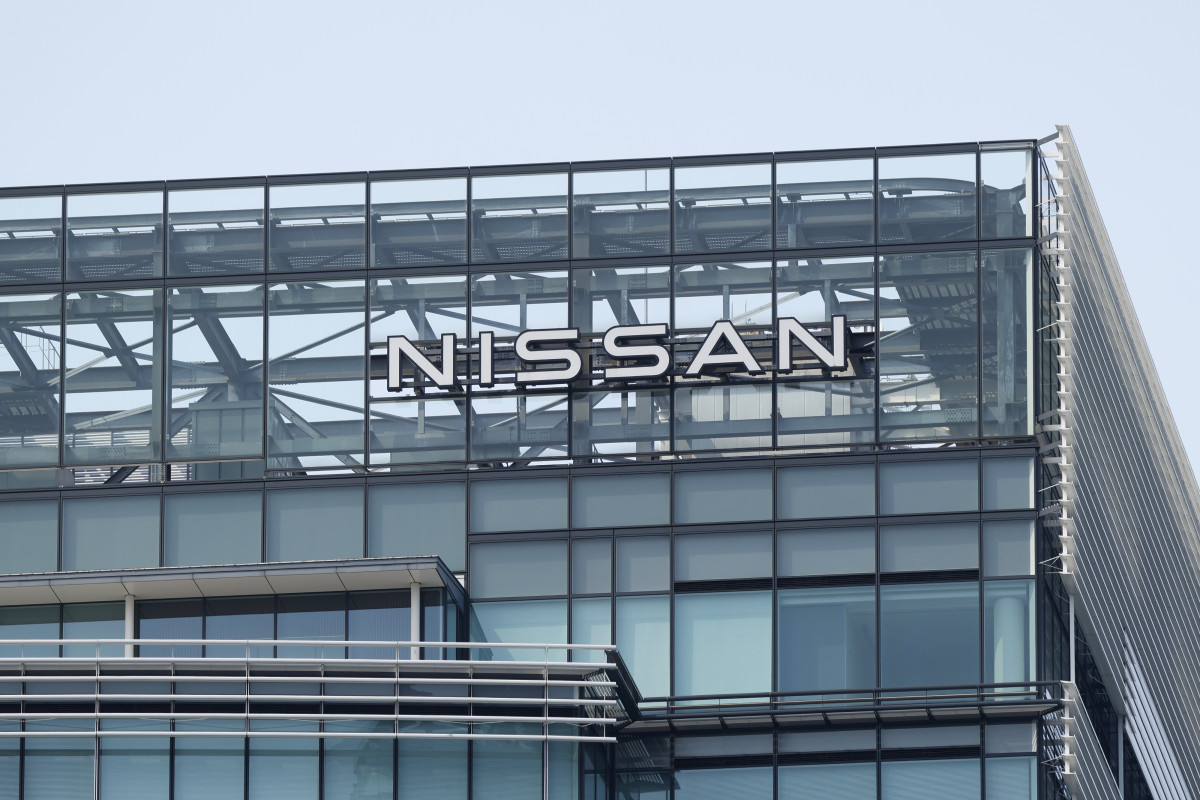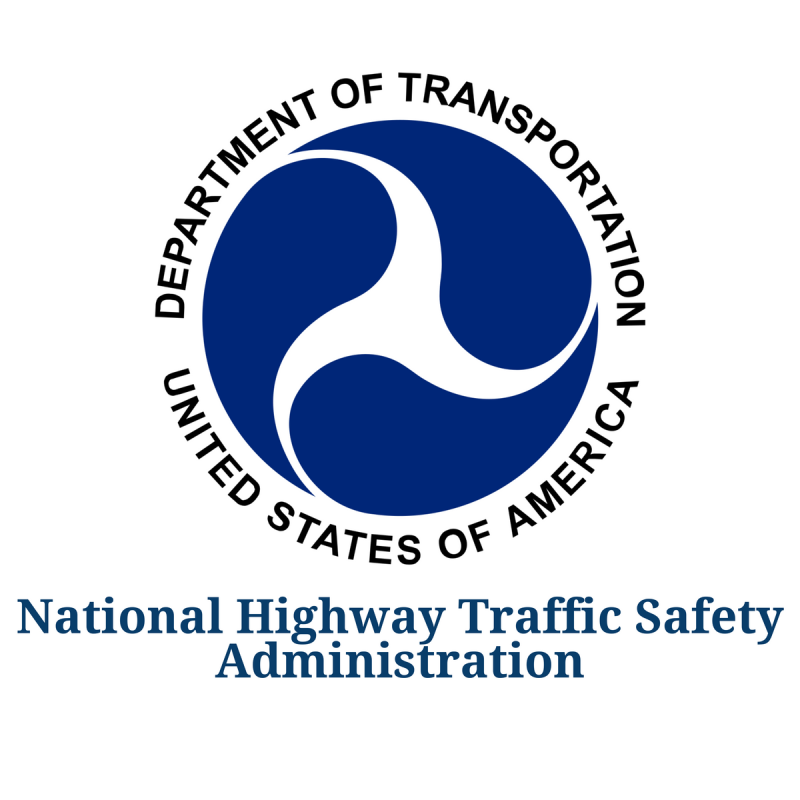The looming U.S. government shutdown is already sending ripples of concern through the auto industry, raising alarms among manufacturers and regulators alike. If critical agencies such as the Environmental Protection Agency (EPA) and the National Highway Traffic Safety Administration (NHTSA) are forced to scale back operations, automakers could face significant delays in emissions certifications, safety approvals, and enforcement actions, procedures that are essential to keeping vehicles moving from factory floors to dealership lots.
Beyond immediate production slowdowns, the uncertainty threatens to disrupt long-term planning, compliance timelines, and consumer confidence, putting yet another strain on an industry already navigating supply chain pressures and shifting market demands.

Getty Images
Regulatory Delays Could Stall Automakers
During past shutdowns, the EPA furloughed large portions of its staff, slowing or halting compliance reviews. For automakers, that means certifications for new models or engines could face weeks of delays, directly affecting launch timelines. In addition, ongoing enforcement of emissions standards could be reduced, creating a temporary regulatory vacuum. A lack of clarity around upcoming environmental rules adds further risk, particularly as companies brace for potential policy shifts.
Compounding the issue is the broader environment of uncertainty. Automakers are already juggling multiple external pressures, including supply chain disruptions, cyberattacks like the one that recently hit Jaguar Land Rover, which forced the company to pause production lines and led to layoffs at its suppliers. A prolonged shutdown could add another layer of unpredictability.

Getty Images
Enforcement and Safety Oversight on Pause
The NHTSA plays a key role in safety investigations, recalls, and consumer protection. In a shutdown scenario, many of those responsibilities may be put on hold. That could mean unresolved recall cases sitting in limbo, delayed investigations, and slowed progress on advancing autonomous vehicle safety frameworks.
At the same time, foreign automakers operating in the U.S. are facing restructuring moves to streamline costs. Nissan, for example, is reportedly considering selling its majority stake in a top-tier Japanese soccer team as part of its wider restructuring plan. Combined with policy delays in Washington, these industry shifts underline the uncertainty that global carmakers face.
Impact on Jobs and Investment
Shutdowns don’t just affect regulators, they also hit consumer confidence. A prolonged political impasse could delay federal EV incentives and tax credits that many buyers rely on, making electric vehicles harder to move off dealer lots.
This comes at a time when automakers are already scaling back investments and jobs in response to slowing EV demand. Ford, for instance, recently cut 1,000 positions at its $2 billion EV factory in Europe as part of a larger cost-saving push. A stalled U.S. policy environment could worsen those cuts at home.

What Comes Next
The auto industry thrives on long-term planning, but a shutdown makes that nearly impossible. Delays in EPA rulemaking, NHTSA safety oversight, and uncertainty over tax incentives leave companies in a holding pattern. For an industry already facing tariffs, recalls, and global restructuring, this is yet another destabilizing factor.
If lawmakers fail to strike a deal quickly, the risks have become clear that stalled product launches, fewer safety checks, and a growing sense of uncertainty across a sector already on edge.


